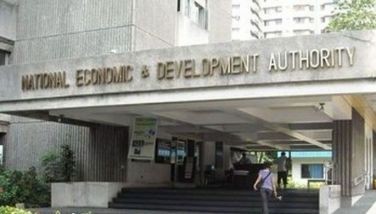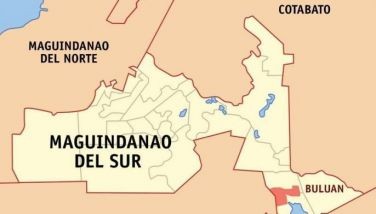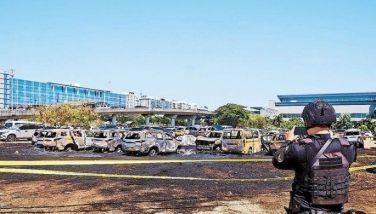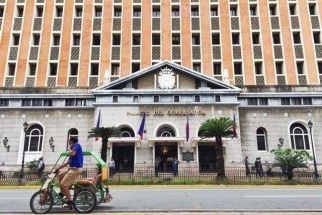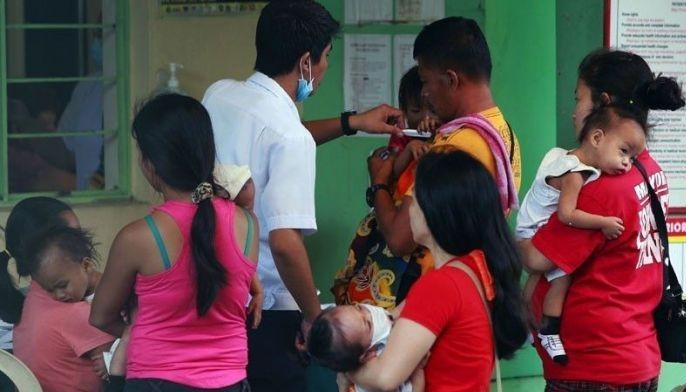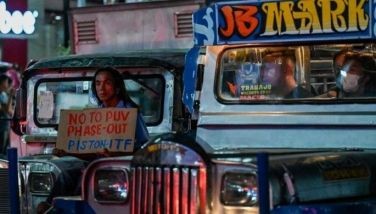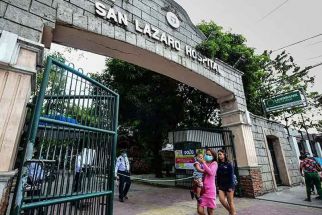Palace: Anti-terror law not anti-Muslim
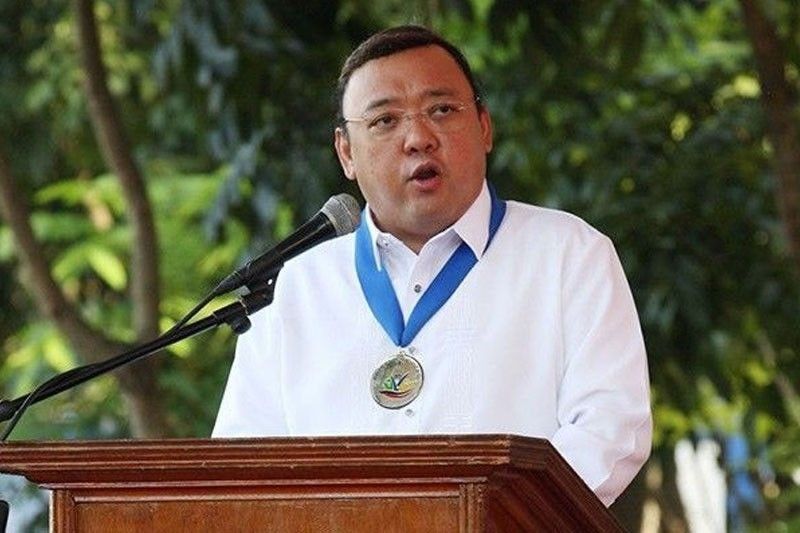
MANILA, Philippines — Malacañang yesterday allayed fears that the controversial Anti-Terrorism Act would discriminate against Muslims, saying only terrorists should be afraid of the measure.
Presidential spokesman Harry Roque said the Anti-Terrorism Council (ATC) would consult with officials of the Bangsamoro Autonomous Region in Muslim Mindanao (BARMM) on the implementation of the law.
“Under the law, they (BARMM) were not given full membership in the Anti-Terrorism Council, but they are one of the agencies that the Anti-Terrorism Council is duty bound to consult. The law provides for a system that will allow the BARMM to be heard,” Roque said at a press briefing. BARMM officials earlier expressed concern the law will target Muslims.
“The President won’t allow class legislation against Muslims. Why? The President has Muslim blood. His grandmother is a Tausug. So we assure our Muslim brothers, the President is one with you,” he added.
Duterte had repeatedly claimed that his grandmother was Maranao, not Tausug.
Roque maintained that the law aims to promote lasting peace and development in BARMM.
Various groups are worried that the Anti-Terrorism Law, contained in Republic Act 11479, would violate human rights and are questioning its legality before the Supreme Court.
Asked whether he thought the law would withstand legal scrutiny, Roque replied: “Perhaps we should not preempt the Supreme Court. It’s now up to the courts. Let’s allow the process to move forward.”
Roque, however, chided opposition senators who criticized the law, noting that the measure had been approved by the two legislative chambers.
“The Anti-Terror Bill is a product of Congress. The Senate is part of Congress. I can’t understand Sen. Francis Pangilinan’s fiery rhetoric when he is part of the Senate that approved it,” the Palace official said.
“It can be said that the Supreme Court respects the product of elected lawmakers and as a general rule, every law passed by Congress enjoys the very heavy presumption of constitutionality,” he added.
Roque insisted that criticism of the government would not be regarded as a crime under the Anti-Terrorism Law. He also responded to claims that the law would target left-leaning groups and activists.
“Can the left-leaning groups be classified (as terrorists)? Well it depends on the evidence. It has to be proven first that they are part of a group classified as a terrorist group,” he said.
Roque said the passage of the law did not affect the available legal remedies against abusive practices.
“If pre-(trial) detention is wrong, they can seek a writ of habeas corpus. The law did not suspend that. We still have an additional remedy. If you feel that you are being targeted without reason, we have a writ of amparo – to protect the right to life and liberty,” he said.
“Terrorists, beware of the Anti-Terror Law. For those who are not terrorists, do not worry. We have enough safeguards in the law itself and the rules or court that protect the right to life and liberty.”
Justice Secretary Menardo Guevarra said he is confident the Supreme Court would be able to settle issues surrounding RA 11479.
“We welcome the filing of these petitions. The Supreme Court is the final arbiter of all the constitutional issues raised against the Anti-Terrorism Law,” Guevarra said.
“The Court’s ruling will also guide the DOJ and the Anti-Terrorism Council in the preparation of the implementing rules and regulations of the law,” the justice chief added.
Interior Secretary Eduardo Año said the government is ready to respond to petitions filed with the Supreme Court against the controversial measure.
“It is their right to file petitions at the Supreme Court and we will be responding to them, with our Solicitor General,” Año, a member of the ATC, said in an interview over CNN Philippines.
He stressed there will be no crackdown on activists exercising their freedom of speech or assembly. “Activism is not terrorism,” Año said.
On warrantless detention for suspected terrorists up to 24 days, Año said this was short compared to what’s being enforced in other countries.
“In the entire world, we have the shortest detention period (for suspected terrorists)… For Indonesia, that’s 21 days extendable to 120 days, Malaysia has 50 days extendable to two years, Singapore is 720 days and of course, US, Australia, Great Britain have longer detention periods,” he added.
The Department of the Interior and Local Government said over 1,000 local chief executives have expressed support for the implementation of the new law.
In a tweet, Foreign Affairs Secretary Teodoro Locsin Jr. called arguments against the Anti-Terror Law “so fake, deliberately uninformed,” and meant to prematurely propel Vice President Leni Robredo to the presidency. Evelyn Macairan, Pia Lee Brago, Neil Jayson Servallos
Related video:
- Latest
- Trending















